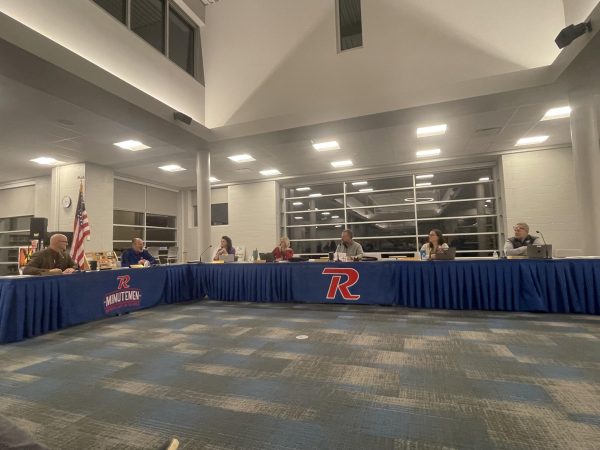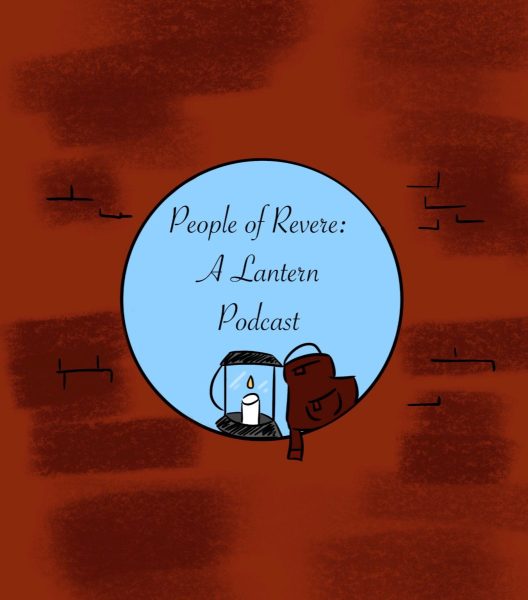Should collegiate athletes be paid? NCAA not sure…

College football has been changed, for better or worse, forever. The question of payment for college football athletes has been answered: Yes, college football players will be paid, at least in the Big 10 conference. As of now, Penn State football players will receive a stipend of spending money worth more than four thousand dollars. Other Big Ten schools have engaged in offering stipends as well, but none are offering money on the same level as Penn State, according to Sport Illustrated’s website.
This change in NCAA policy has the potential to change the sport significantly. Now, as young high school recruits are visiting colleges and their football programs, they will consider another factor. They will be forced to ask how much can this school pay me to play football? Instead of focusing on the education a college or university can offer them, incoming collegiate football players may simply choose the school with the deepest pockets, robbing them of a quality education.
The case for payment of collegiate football players is strong. Bobby Rush, a congressional representative from Illinois, talked to U.S. News and World Report about why football players should receive these stipends.
“Without them [football players] on the field or on the court, performing and entertaining millions of college sports fans, the billions of dollars that collegiate athletics generates simply would not exist. Without them, we would not have millions of fans buying tickets for games and subscribing to expensive cable and satellite sports television packages, corporate sponsors purchasing luxury suites and boxes in college arenas and stadiums, or consumers paying top dollar for sports paraphernalia, jerseys and video games bearing the likenesses and autographs of their favorite college players,” Rush stated in an article dated April 7, 2013.
Additionally, recruits will need to choose in some instances between playing for a superior coach such as Ohio State’s Urban Meyer or a larger paycheck, as Penn State’s stipend is much larger than the one offered by Ohio State. On the other hand, dynastic programs such as Alabama or Louisiana State may not even feel the need to offer any kind of stipend, as the success of their programs speaks louder than any kind of cash sum.
Ultimately, the decision will be up to the recruits. They will need to choose between a superior coach, a dynastic program, or the most amount of money. Will college football recruiting become a bidding war? I hope not.







